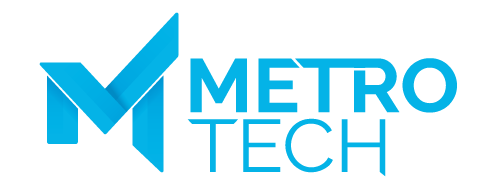Introduction:
Transform your meetings from ordinary to extraordinary with Facilitation Skills Training. In today’s collaborative workplace, effective facilitation is essential for productive meetings, strong team alignment, and successful decision-making. This facilitation training course helps learners build essential skills and confidence in guiding engaging discussions, managing group dynamics effectively, and driving consensus in both in-person and virtual environments. Leverage the techniques taught in this workshop to boost productivity and become the effective facilitator your organization needs.
This course has been approved for 7 PDUs | 7 CDUs
Objectives:
By completing this Facilitation Skills Training, attendees will enhance their ability to effectively facilitate meetings, encouraging active participation and managing difficult behaviors. Participants will learn to strategically plan and structure sessions, apply proven facilitation frameworks, and adapt their communication and instructional techniques to diverse groups. This interactive training experience emphasizes leadership strategies, instructional design, and feedback mechanisms to align with organizational development goals.
Course Outline:
Module 1: Introduction to Facilitation
- Welcome and Course Overview
- Understanding Facilitation
- Facilitator’s Role
- Feedback Mechanisms
Module 2: Facilitation Fundamentals
- Top 10 Facilitation Techniques
- The Facilitation Process
Module 3: Initiating a Session
- Session Context
- Roles and Responsibilities
- Establishing Ground Rules
- Achieving Consensus
Module 4: Guiding the Session
- Team Dynamics
- Time Management
- Self-Management
- Energizers and Ice Breakers
- Handling Difficult Situations
Module 5: Concluding the Session
- Session Review
- Action Planning
- Feedback Collection
Module 6: Practical Application
- Facilitation Practice Sessions
- Peer and Instructor Feedback
Enroll in this course
$795.00

